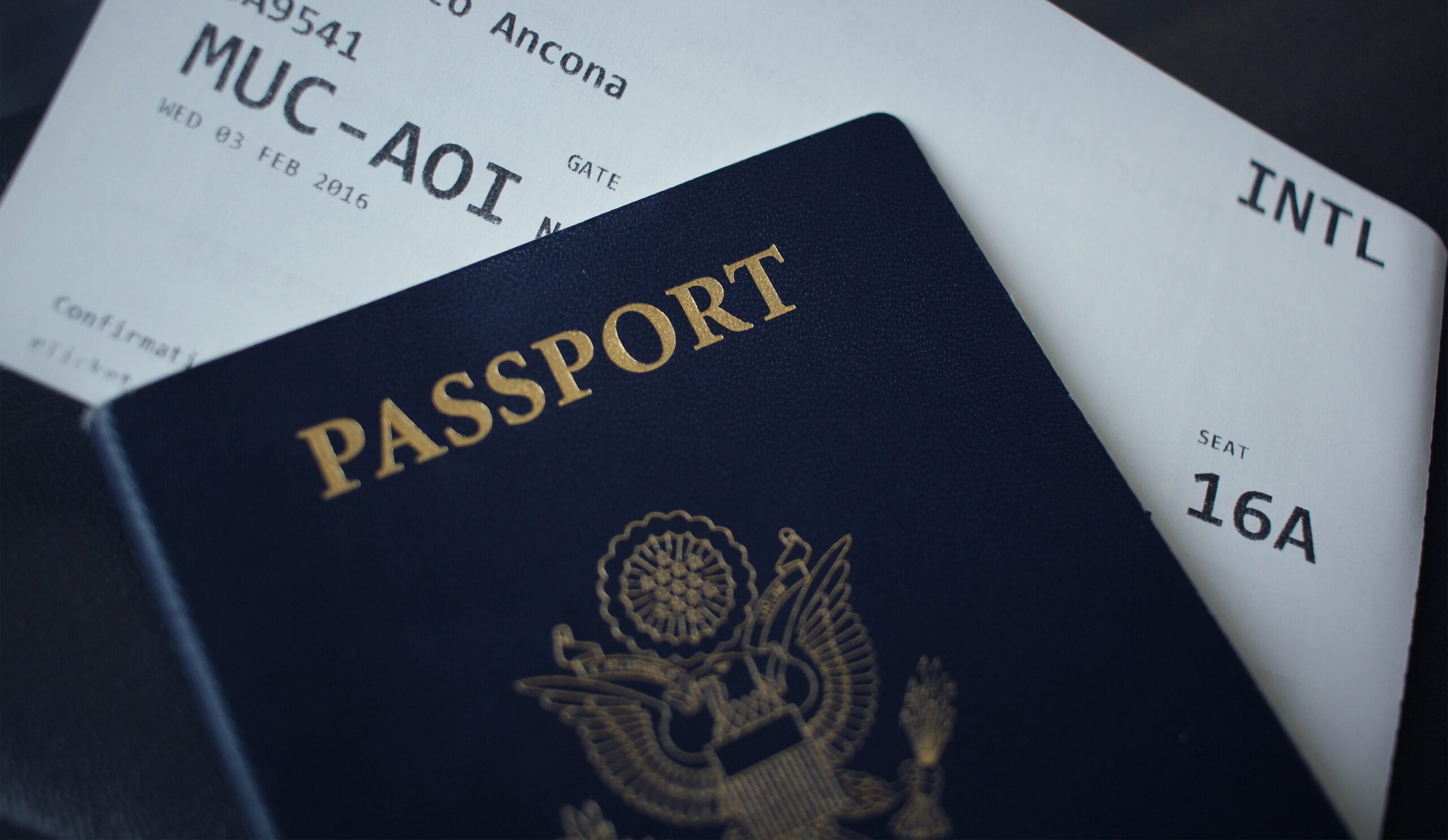
If you are considering travelling overseas with children involved in a separation, you will need to get written consent from your former partner. This is especially the case where you are in family law proceeding, or if you have Orders for your children that do not include international travel.
Parents are not permitted to take children overseas if there are no orders and they have not obtained written consent from the other parent. Further, the Family Law Act sets out that, if a parent does remove a child from the jurisdiction of Australia, it is a criminal offence and they can be imprisoned for up to 3 years. This penalty also applies to people who act on behalf of the parent who removes or abducts the child overseas, such as an aunt, uncle or grandparent.
In considering the above, parents should consider what, if any, orders they want to put in place to allow for international travel including time limits for travel, requirement of written consent and providing notice to the non-travelling parent.
Children’s Passports
In addition to the above, parents may also wish to consider the children’s passports. Presently, a child can obtain a passport with the consent of each person who has parental responsibility for the child. If you are concerned that your ex-partner may try to apply for a passport for your child without your consent, you have a few options to prevent this:
- You can apply for a Child Alert with the Australian Passport Office. This alert requires the Department of Foreign Affairs and Trade to provide extra scrutiny for the new passport application in relation to your child. This request does not need to be disclosed to your ex-partner and it does not require a court order; or
- You can seek court orders to prevent your child from receiving a passport or specify that the current passports must be held in safe custody by your lawyers; or
- You can seek court orders to have your child placed on the Family Law Watchlist.
Before you can obtain any orders regarding the children’s passports, you must show that there is a risk of removal. The Court will not grant an order where there is only a mere suspicion or where there is lack of evidence to support your concern. Parties should be aware that costs may be made against them if they file an application (i.e. placing the children on the airport watchlist) without a reasonable risk or evidence to support their application.
Can my child be removed from the Family Law Watchlist?
A child can be removed from the Watchlist, but it will depend on a few circumstances, including:
- If the child is placed on the Watchlist by a Court Order, you will need to apply to the Court to vacate or vary the Order; and
- If the order is only for a limited time, then they will be removed after that time has lapsed; and
- Your child’s name will be automatically removed when they are 18 years old.
In some circumstances, the non-travelling parent can still consent to the travel despite the watchlist order being in place. Should that occur, it is best practice to keep a copy of the non-travelling parent’s written consent with you when you travel.
How can we help?
If you have any questions or concerns about international travel with children post separation, please contact us on (02) 9964 0499 and organise an initial consultation with one of our specialist family lawyers.
Related Articles
What are “the best interests of the child”?
In a family law setting, all parenting decisions must be made in accordance with what is deemed to be in the child’s best…
Who is a parent?
It is important to know who is legally considered the parent of your child, as this determines who has parental…
Cryptocurrency in Family Law Property Settlements
When parties separate in Australia, the Family Law Act requires a fair division of joint assets. Cryptocurrency is a digital…
The articles on this website comprise legal general information and not legal advice. The general information presented here must not be relied upon without legal advice being sought. In the event that you wish to obtain legal advice on the contents of this general information you may do so by contacting our office or your existing solicitor.




